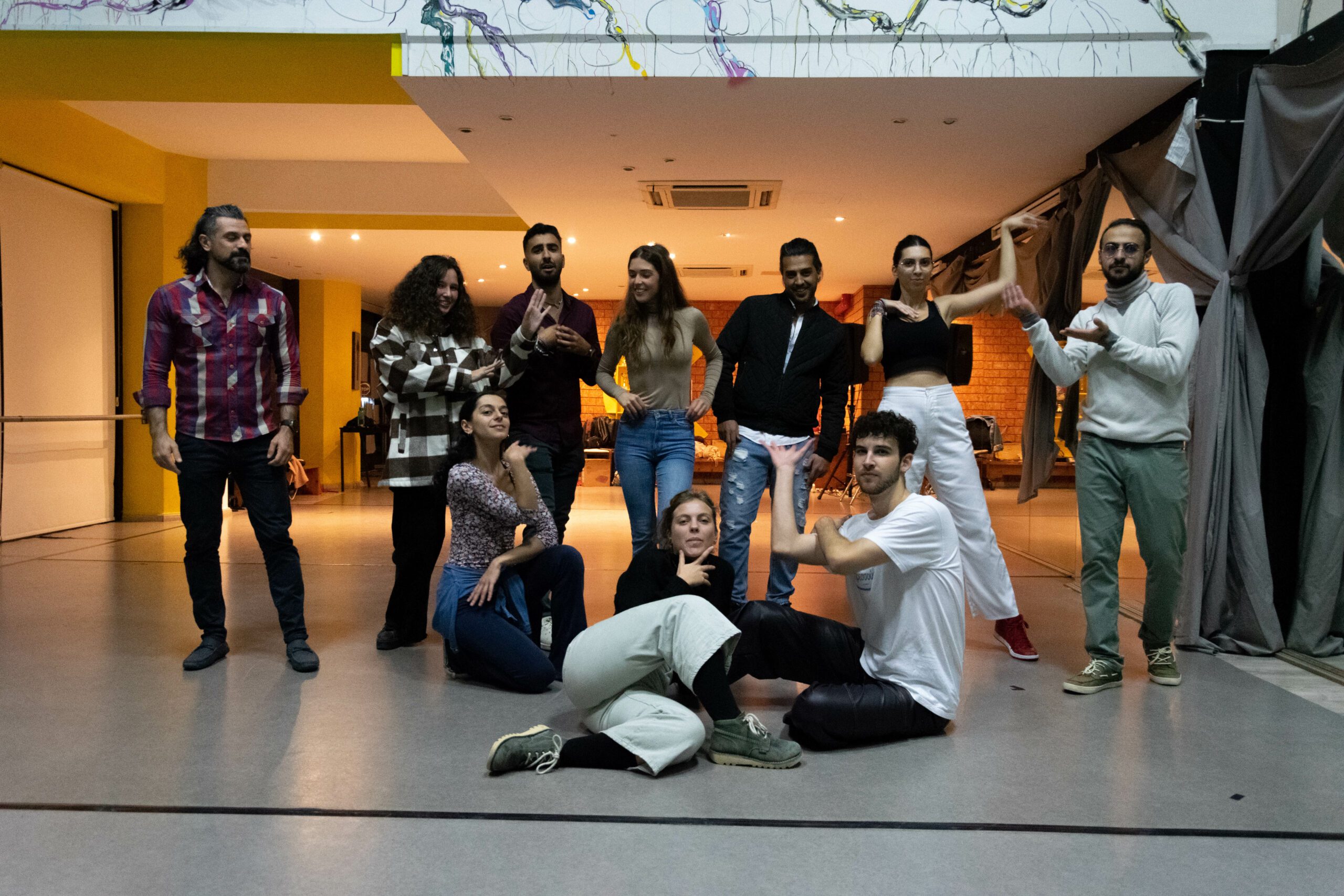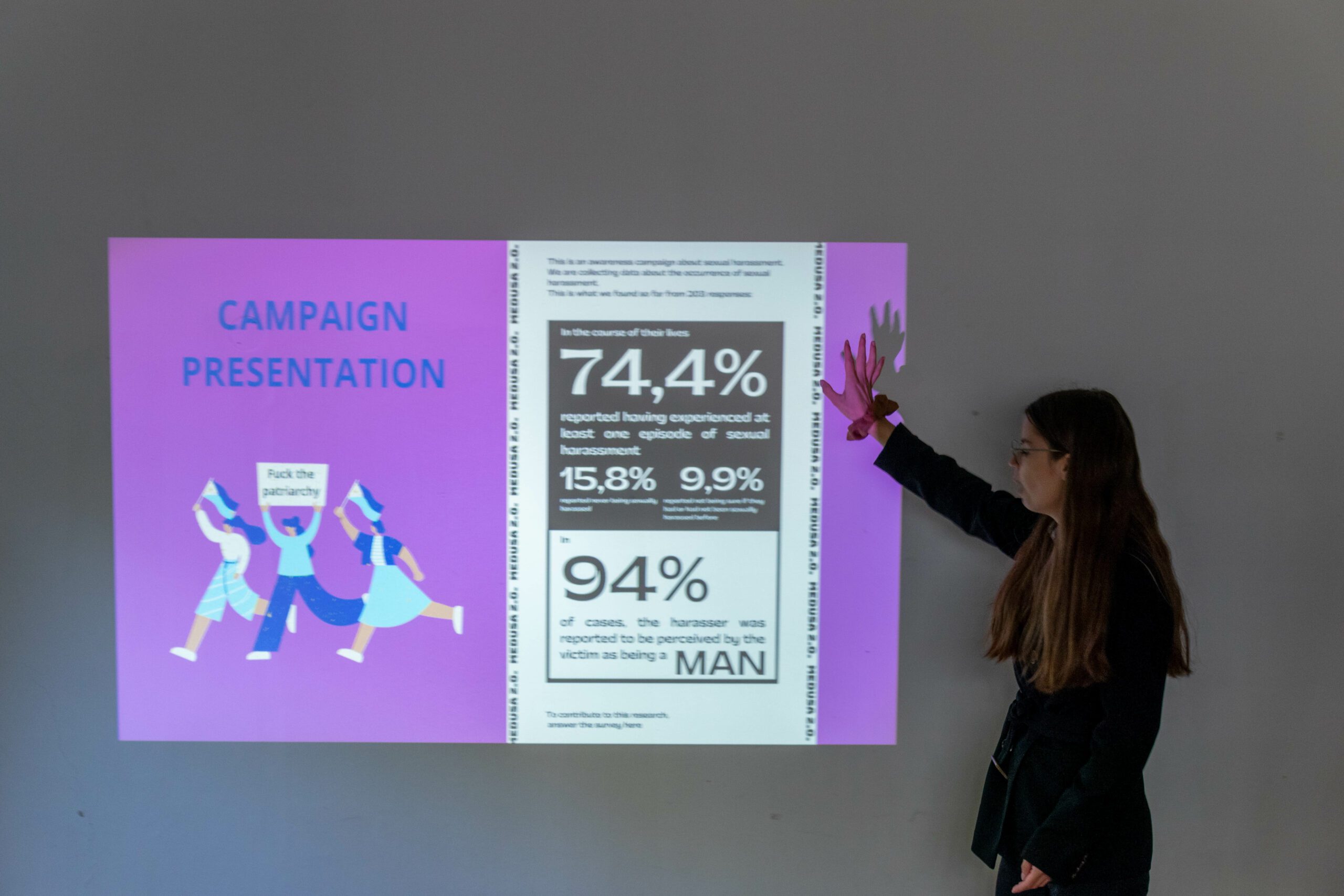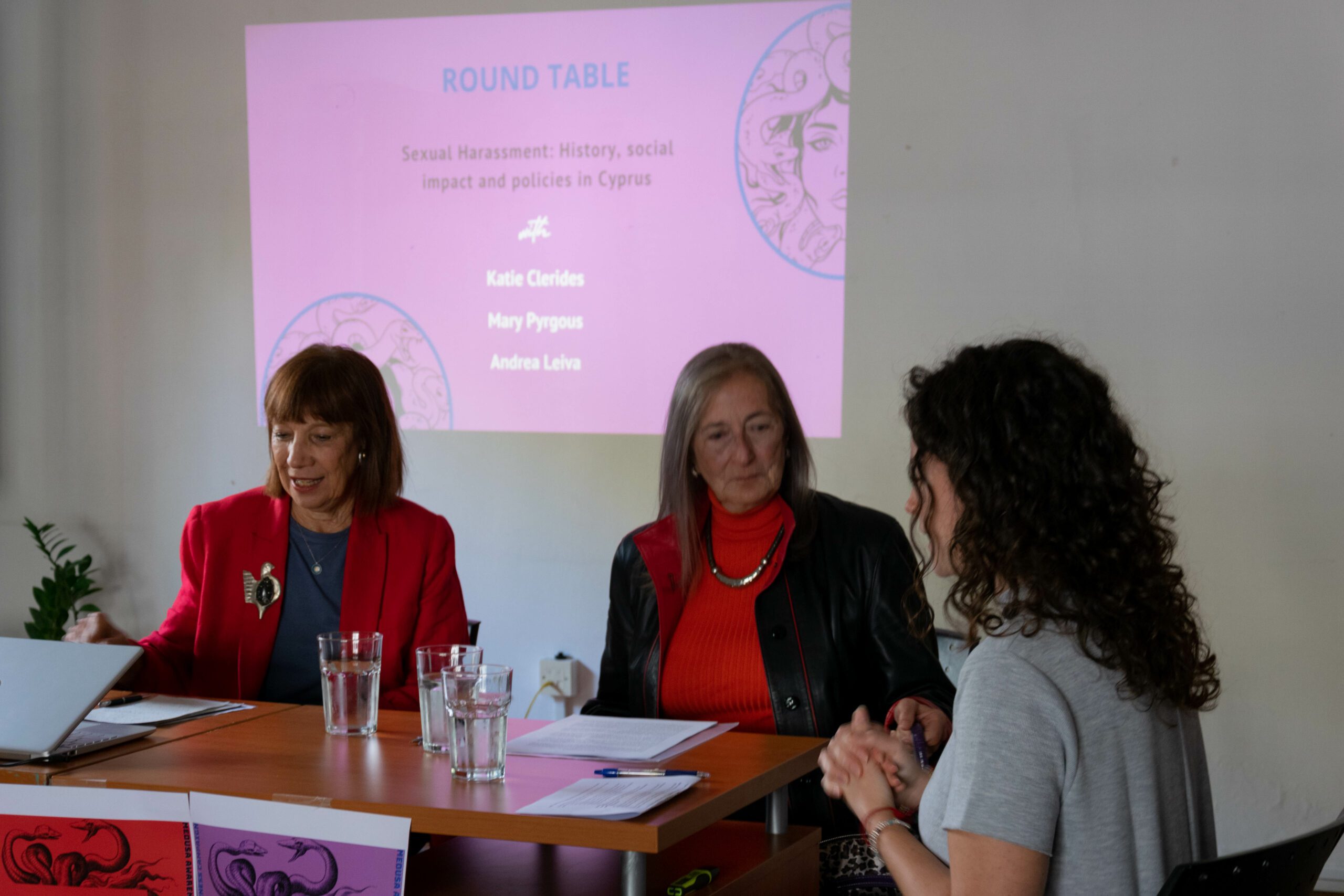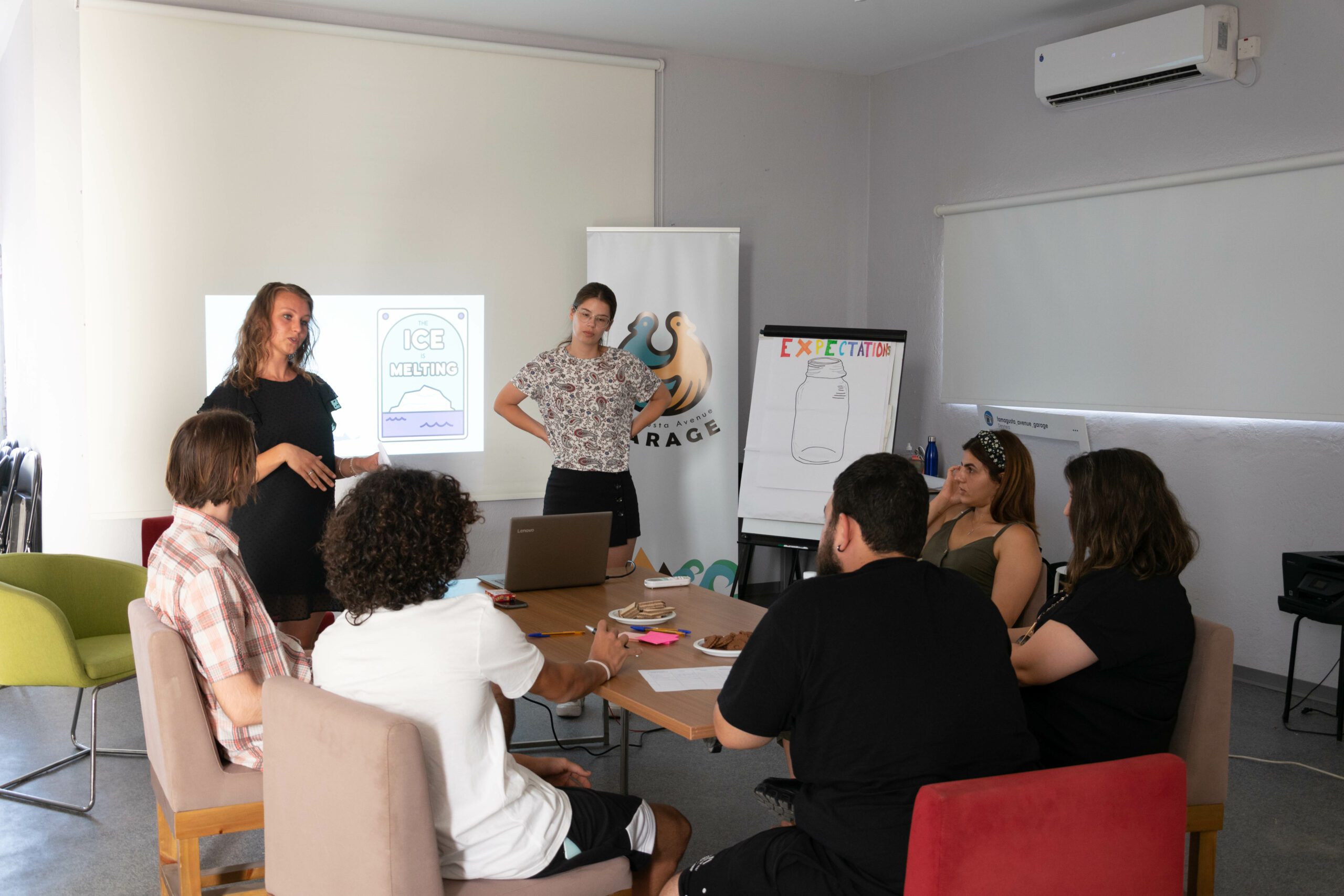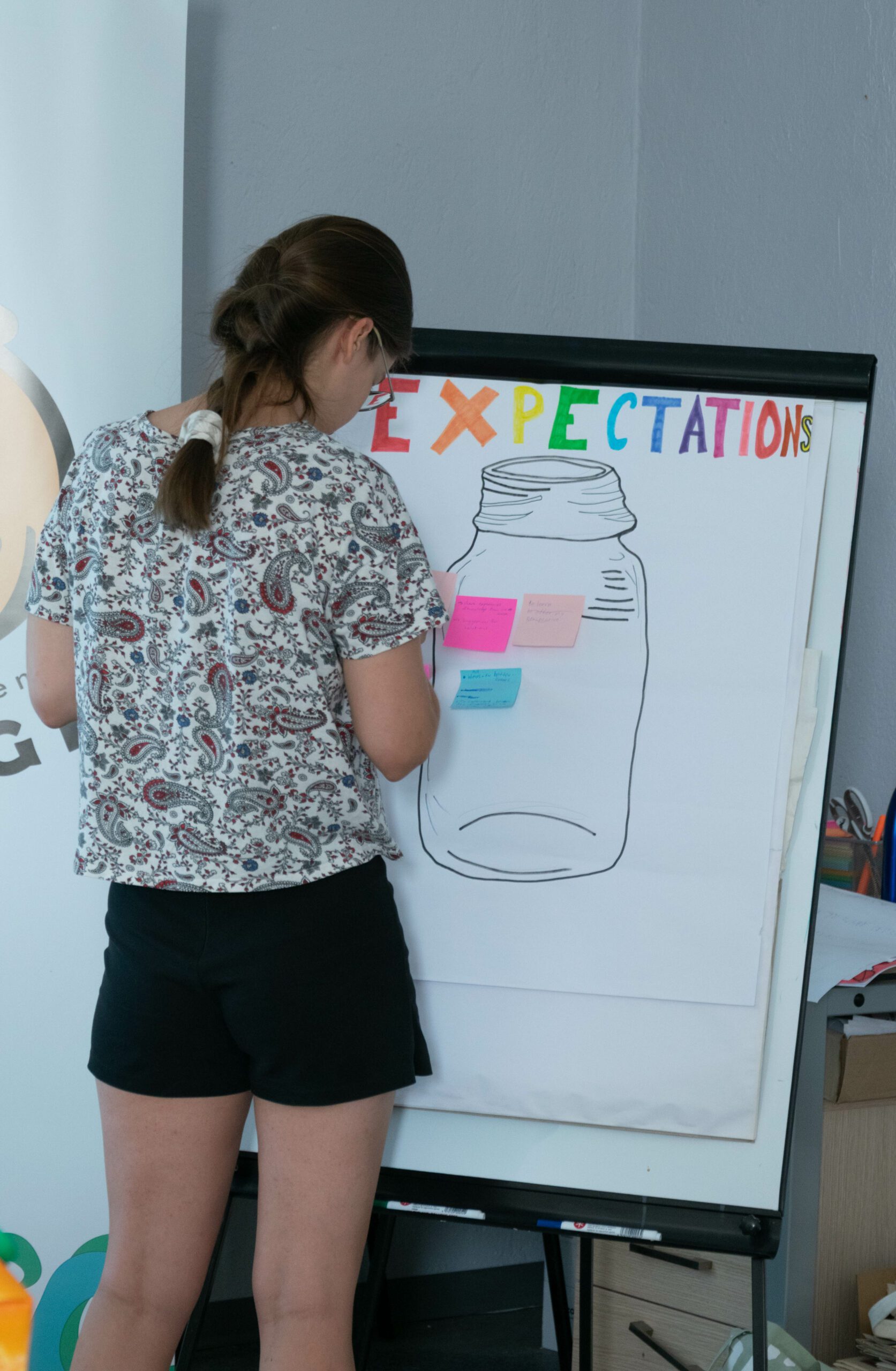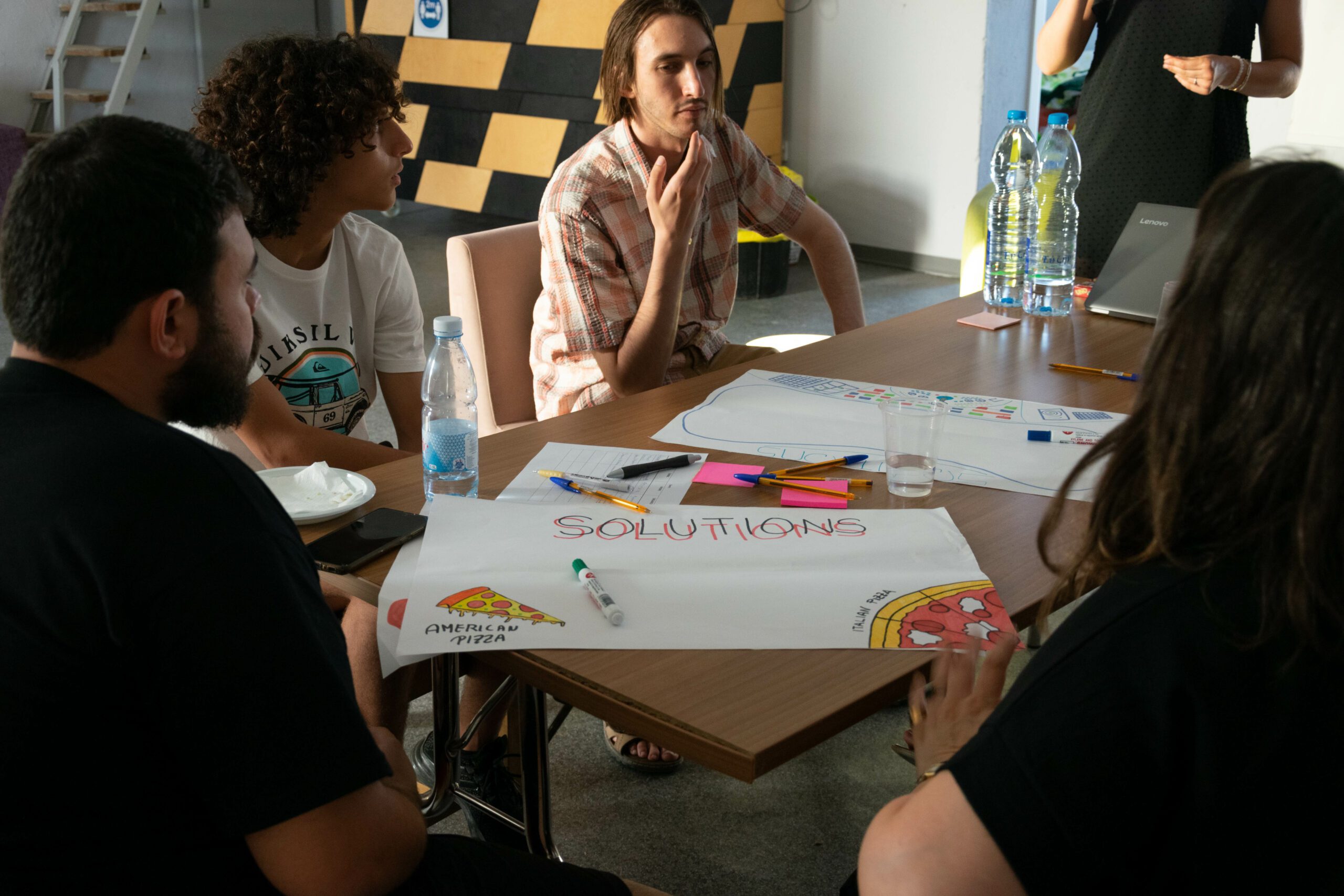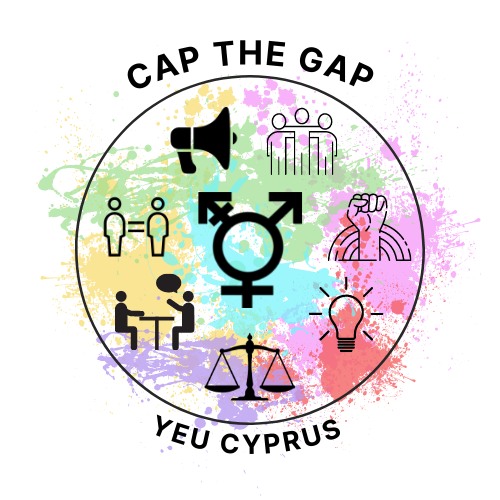#EuropeanSolidarityCorps #esc #youthinaction #capthegap #empoweringyoungpeople #solidarity
- Period: March 2022-March 2023
- Leader organization: YEU cyprus
- Funded by: European Solidarity Corps
Description
The main objective of the Cap the Gap initiative was to foster inclusivity and support efforts that promote the involvement of marginalized groups, such as young women, LGBTQ+ youth, migrants, and other underrepresented segments of society, in public engagement, particularly in decision-making roles. Policies outlined by the EU and UN stress the importance of equal access to decision-making positions as a fundamental aspect of democratic practices that ensure equal representation and respect for all human rights. By prioritizing Youth Goal #9 Space and Participation for All, the project sought to champion human rights and underscore the necessity of equal access to everyday decision-making for young individuals from diverse backgrounds.
Despite the presence of a binding European policy applicable to all member states, Cyprus lags behind other countries in actively implementing measures that safeguard human rights. The patriarchal context and entrenched heteronormative culture are factors that exacerbate the disparity between theory and practice. In 2022, Cyprus scored a mere 54 points in the gender equality index, positioning the island near the bottom of the rankings. Taking these factors and previous relevant projects into account, the ESC Cap the Cap initiative aimed to establish safe spaces for young people and their communities, advocate for human rights, and promote active and equitable citizenship among marginalized youth.
Specifically, the project conducted workshops, educational seminars, conferences, and public interventions focused on raising awareness and sharing information regarding Youth Goal #9 Space and Participation for All. Furthermore, it sought to collaborate with and involve public and private entities, universities, non-governmental organizations, municipalities, civil society groups, and informal citizen collectives, with the ultimate aim of implementing the project and fostering a sense of shared responsibility, solidarity, and advocacy for effective change.
Moreover, the project placed emphasis on promoting active citizenship and civil awareness through non-formal education and experiential learning. By educating and empowering young people to become agents of change and innovation, the initiative aimed to enhance their critical thinking skills and encourage marginalized youth, LGBTQ+ individuals, and young women to participate democratically in shaping policy decisions that impact their future.
Lastly, the project aspired to have a lasting impact not only on the local community but also on the volunteers involved, equipping them with knowledge, skills, and experiences that would prove valuable in their future endeavors.
Results
By addressing the issue of underrepresentation of young people, especially young women, in decision-making processes that affect them, the volunteers organized a series of workshops and events. Throughout the project, they worked together to achieve the following outcomes:
A) Information sharing, awareness raising, and visibility: The project utilized social media platforms like Facebook and Instagram to publish updates about upcoming events and share informative content about gender equality and active citizenship. Infographics, memes, and videos created by the volunteers were employed to raise awareness about the representation of marginalized youth and the significant challenges faced by underrepresented communities. Social media also served as a means to promote the European Solidarity Corps as a network and an opportunity for active citizenship. The Medusa awareness campaign initiated conversations about human rights, while stickers with informative QR codes prompted discussions on sexual harassment in prominent city locations. Stickers, printed materials, and the online and printed versions of the ‘FemiZine’ newsletter engaged the audience and highlighted artists, shelters, youth issues, and more, all while promoting the European Solidarity Corps. In addition, conversations with young activists, experts in violence against women, and academics took the form of a bimonthly podcast available on various platforms.
B) Policy recommendations: The creation of the ‘Level up Nicosia: Gender-mainstream the city’ policy brief provided data and statistics on Nicosia Municipality’s performance regarding gender equality and equal access to public spaces. The brief called for action from the city council and presented concrete examples of potential solutions and initiatives. Reports titled ‘Youth in conversation with…’ were disseminated online through the organization’s social media channels and to subscribers. These reports summarized the conversations between youth participants and Mr. Kettis, Mrs. Woolley, Mr. Yiorkadzis, and Mr. Kizilyürek.
C) Non-formal education: The ‘CAP the GAP handbook’ and monthly newsletters served as valuable resources for organizations in Cyprus, offering quick access to information and inspiration for non-formal education activities that promote active citizenship and human rights. The handbook provided summaries of events and activities, along with descriptions of materials, objectives, and venues.
D) Capacity building and personal development: The project had a positive impact on the volunteers, participating organizations, and target groups, particularly in terms of empowering active citizenship and the participation of women and marginalized youth in decision-making. Volunteers had the opportunity to enhance their personal and soft skills, gain new experiences, manage and organize their own activities and events, and collaborate with individuals, NGOs, and teams. They explored new talents such as journalism, photography, and graphic design while being part of something larger. Their language and communication skills, research abilities, creativity, and other competencies were also enriched. Furthermore, they gained valuable knowledge about the workings of NGOs, the implementation of European projects, and non-formal education. They developed a deep understanding of the significance of active citizenship and formulated their own ideas and solutions for achieving it within the context of Cyprus, Europe, or internationally. They are now capable of transferring this knowledge to their own communities and countries and continuing their actions there.
As a youth organization, YEU Cyprus focused on young people as the target group. Participants received education on gender equality and democratic participation through both non-formal and formal methods. Both the volunteers and the target groups were equipped with tools to think and act towards a more inclusive future. The project also aligned closely with the needs and intersections of the volunteers. Through non-formal education activities, young women and individuals with fewer opportunities gained access to physical spaces in their communities, supporting their personal, cultural, and political development. Lastly, the project enhanced the visibility of YEU and forged new partnerships and affiliations, expanding its network and collaborations for greater impact. YEU established connections with universities,
Publications
Policy brief – Level up Nicosia: Gender-mainstream the city
Podcast: Spotify NVNP PODCAST (Black Lemon TV)
Youth in Conversation with:
Report – Youth in Conversation with Mayor Yiorkadjis
REPORT – Youth in conversation with… MEP Kizilyürek
Report – Youth in Conversation with Fay Woolley
Report-Kettis
Gallery

